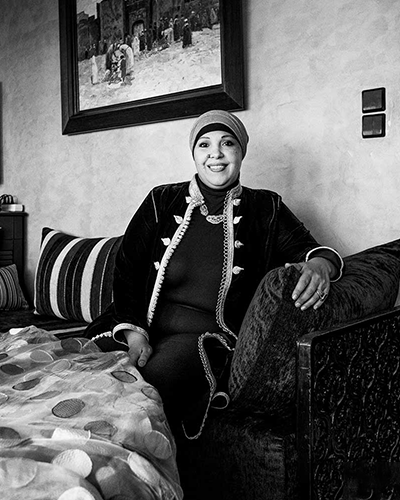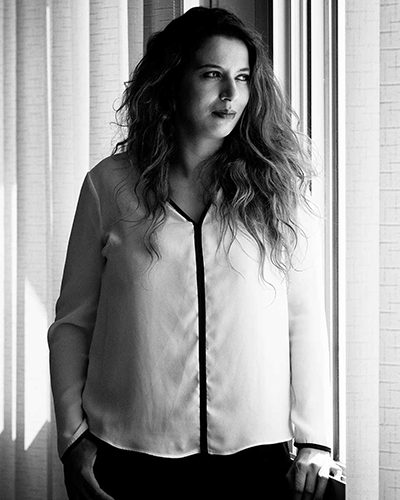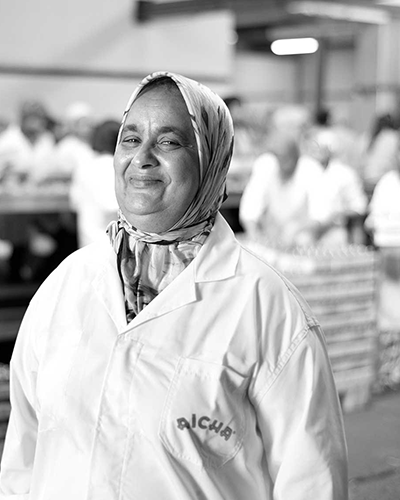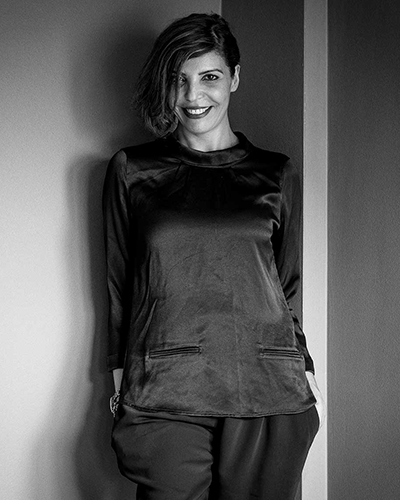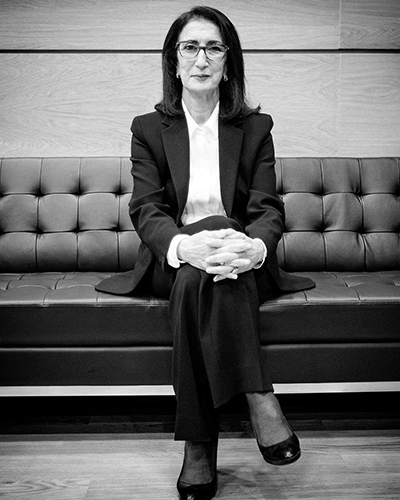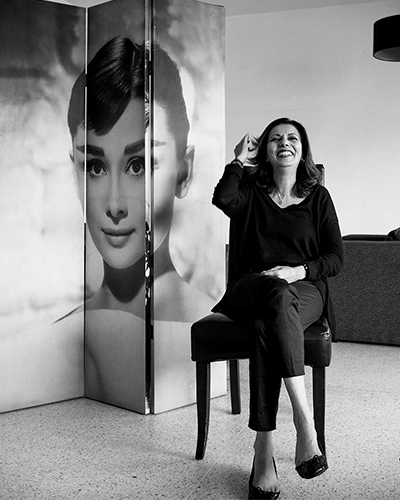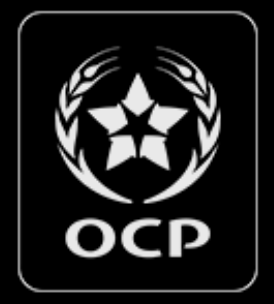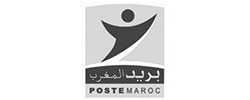
Aïcha BELARBI
Professor – Sociologist
"Love a blinding light / A golden intoxicating caress / Returned to us
by a white, naked wall / Struck by the midday sun. Since 2011, sociologist Aïcha Belarbi opened herself to a more singular and
intimate way, poetry. "I
began to write differently. My writing,
that was for so long subject to scientific rigor, is liberated and finds in
poetry a certain lightness,", she confides. This return
to oneself, to women in general, has also nourished her pictorial impulse. Writing and painting are other ways of grasping the world. She considers herself an eternal traveler who does not settle anywhere, for
fear of becoming anchored in habits. Being a
political activist, she loudly proclaimed her feminism and mobilized for gender
equality. Her research
and books focus on education, women's rights, cultural dialogue, and migration. "My research themes are varied, which gives me the latitude to juggle
with ideas and approaches," admits this native of Salé. At a very early stage, Aïcha Belarbi was sensitive to gender and class
inequalities. Being curious by nature, she kept asking questions about society
and social relations. She had her
primary education at the School of Daughters of Dignitaries and Personalities
of the city of Salé which used to be called at that time Princess-Nouzha High
School. At university, she got initiated to the world of research, with mentors
such as Abdelkébir Khatibi and Paul Pascon, and confirmed her political
commitment. As a member
of the National Union of Students of Morocco, she joined the Socialist Union of
Popular Forces and presented the first report on the status of women at the
1975 Extraordinary Congress. She holds a
Ph.D. in Human Sciences from the prestigious Sorbonne university in Paris. She
was a teacher at the School of Education, then Secretary of State for
Cooperation under the socialist-led government, and then Morocco’s ambassador
to the European Union. Aïcha
Belarbi got married in 1969 and has three children. She is currently engaged in an ambitious research on the evolution of the
education of Moroccan girls from 1860 till today.


